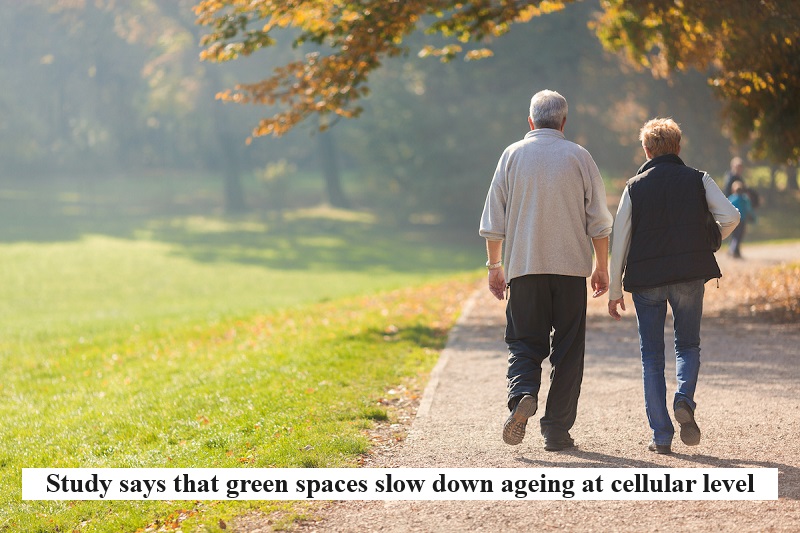
Immersing ourselves in natural surroundings has been associated with a myriad of health advantages, spanning from improved mental well-being to fortified cardiovascular health and resilient immune systems. Recent investigations have delved even deeper, proposing that individuals dwelling in green spaces might undergo a decelerated biological aging process.
Conducted under the leadership of social ecologist Aaron Hipp from North Carolina State University, a study encompassing 7,827 participants aimed to quantify the cellular-level repercussions of residing in green spaces, as reported by Science Alert. The primary focus was to unravel how green spaces could potentially counteract environmental detriments and contribute to a biologically healthier aging trajectory.
The study unearthed a compelling correlation between green spaces and telomere length, showcasing that individuals in environments teeming with nature displayed lengthier telomeres.
Telomeres, acting as protective caps at the termini of chromosomes, are regarded as indicators of biological age. As cells undergo division, telomeres undergo shortening, impacting the cell’s capacity to uphold its genetic material and, ultimately, leading to a depletion of the cell line.
The multifaceted advantages of green spaces are well-established. These areas have long been acknowledged for their efficacy in alleviating stress, abating pollution, and fostering physical activity and social interactions.
Nevertheless, a paradox persists: despite the inherent connection between our well-being and the natural world, the escalating detachment from nature poses risks to both mental and physical health. The positive impacts of green spaces tend to wane when factors such as air pollution are taken into account.
Furthermore, the study spotlighted racial disparities in access to green spaces, underscoring the imperative need to address systemic issues like racism and economic segregation to genuinely harness nature’s potential in fostering health.
Even for those residing in nature-deprived locales, the study advocates for individuals to find avenues to reconnect with nature, whether through an appreciation of local insect life or the initiation of a balcony garden. This underscores the resilience of nature in promoting health, urging a collective effort to surmount barriers and integrate natural elements into daily life.

Post Your Comments